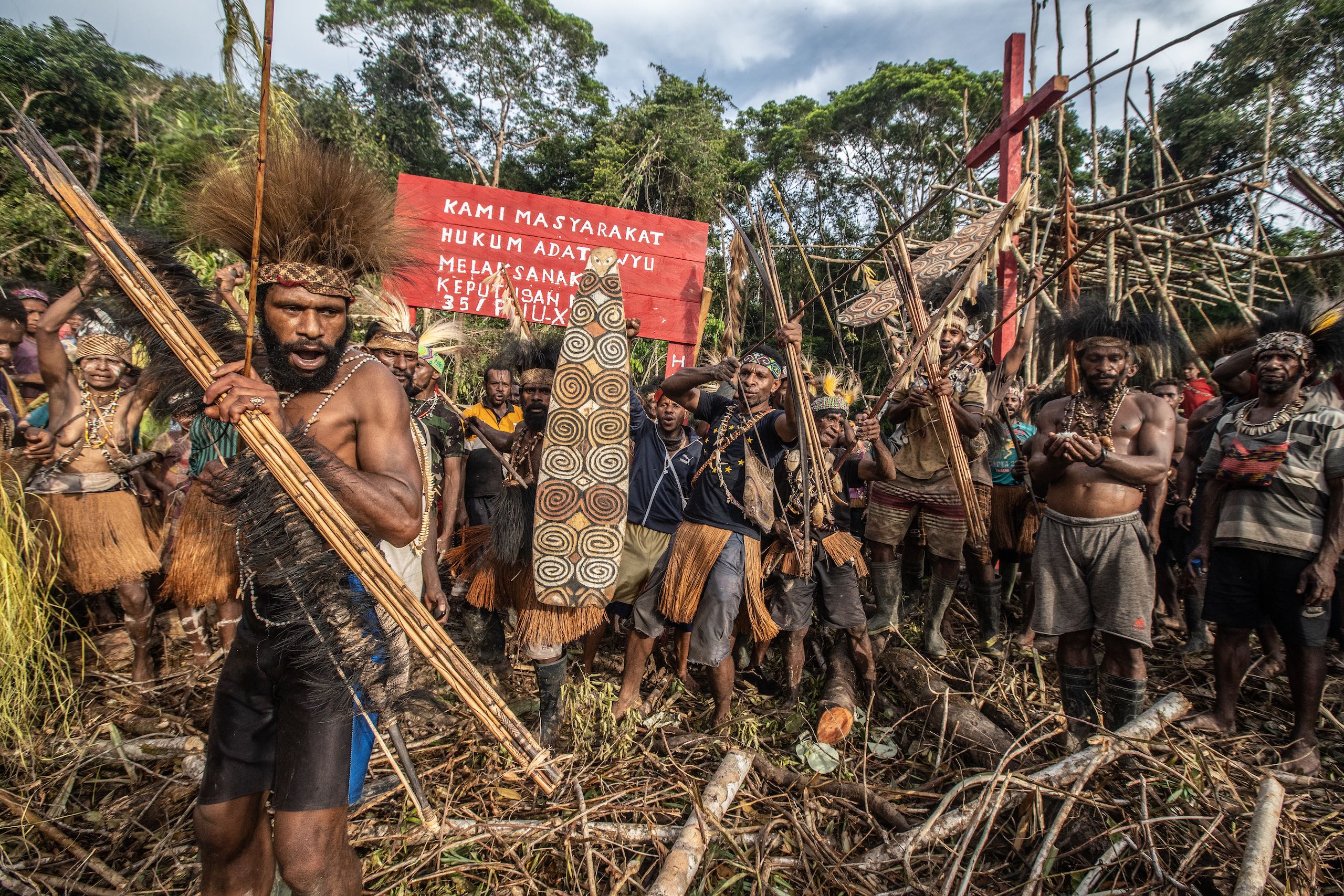Historical Background of the Indigenous Rights Bill in Indonesia
Indonesia, with its diverse cultural heritage and numerous indigenous communities, has a complex history regarding the recognition and protection of indigenous rights. The Indigenous Rights Bill, an essential legislative initiative, takes precedence in addressing the historical injustices faced by these communities.
Significance of the Indigenous Rights Bill in Indonesia
The Indigenous Rights Bill in Indonesia marks a pivotal moment towards acknowledging the unique identities and traditional lands of indigenous peoples. It aims to provide legal safeguards, foster cultural preservation, and empower these communities to have a voice in decisions affecting their way of life.
Challenges and Opportunities in Implementing the Bill
While the bill signals progress, challenges such as bureaucratic hurdles, lack of enforcement mechanisms, and differing interpretations of indigenous rights pose significant obstacles. Leveraging this legislation as an opportunity to promote inclusivity, land rights, and cultural heritage protection is crucial for achieving effective implementation.
Future Outlook for Indigenous Rights in Indonesia
The success of the Indigenous Rights Bill in Indonesia rests on active engagement, continued advocacy, and collaborative efforts between policymakers, indigenous leaders, and civil society. Looking ahead, a future where indigenous communities have their rights respected, traditions preserved, and active participation in decision-making processes would not only empower these groups but also enrich Indonesia’s cultural landscape and foster a more equitable society.
Current Challenges and Delays in Passing the Bill
As with any legislative process, passing a bill through the corridors of law-making can be a formidable challenge riddled with delays for various reasons. The current challenges and delays in passing bills are a manifestation of the complexity and intricacies involved in creating laws that impact millions of lives.
One of the primary challenges is the inherent nature of democratic systems that prioritize debate and scrutiny. While these elements are vital for ensuring that laws are comprehensive and addresses all concerns, they also contribute to delays. Political differences, conflicting interests, and nuances in interpretation often lead to prolonged debates and negotiations that slow down the legislative process.
Additionally, external factors such as changes in leadership, public opinion, or unforeseen events can further complicate the passage of a bill. In a dynamic socio-political landscape, what may seem like a straightforward bill can quickly become entangled in a web of bureaucracy, further exacerbating delays.
Moreover, the increasing polarization and partisan nature of politics in many countries add another layer of complexity. The need to secure bipartisan support for a bill can lead to prolonged negotiations and compromises, stretching the timeline for its passage.
Furthermore, the rise of special interest groups and lobbyists exerting influence on lawmakers can also impede the smooth passage of bills. Their agendas and interventions often introduce delays as lawmakers navigate between serving public interests and catering to vested interests.
In conclusion, the challenges and delays experienced in passing bills are a reflection of the intricate workings of democratic systems, the evolving landscape of politics, and the need for thorough examination of legislation. While delays are frustrating, they underline the importance of due diligence and comprehensive analysis in the law-making process.
Understanding the Impact of Indigenous Rights Legislation on Local Communities
Indigenous rights legislation plays a pivotal role in shaping the relationship between native communities and the surrounding areas. These laws are designed to protect the rights, cultures, and lands of Indigenous peoples, ensuring their well-being and preserving their heritage.
Benefits for Local Communities
By upholding these rights, local communities can benefit from sustainable practices, economic collaborations, and cultural exchanges with Indigenous groups. This fosters a harmonious environment that celebrates diversity and promotes mutual respect.
Fostering Collaboration and Understanding
Effective implementation of Indigenous rights legislation encourages collaboration and partnership between local communities and Indigenous peoples. This not only enriches the cultural landscape but also leads to innovative solutions for shared challenges, such as environmental conservation and resource management.
Common Pitfalls to Avoid
One common mistake is neglecting the consultation and engagement of Indigenous communities when developing policies or projects that impact their lands. To prevent this, proper consultation, respect for traditional knowledge, and meaningful participation are essential aspects to consider in decision-making processes.
International Pressure and Support for Indigenous Advocacy in Indonesia
Breaking Down the Headlines
In recent months, international pressure has been mounting on Indonesia to provide better support and protection for indigenous communities across the archipelago. Issues such as land rights, conservation, and sustainable development have brought the longstanding challenges faced by these communities to the forefront of global attention.
The Bigger Picture
This surge in international interest reflects a growing recognition of the vital role that indigenous communities play in preserving biodiversity, traditional knowledge, and sustainable land management practices. Historically marginalized and often excluded from decision-making processes, these groups are now gaining visibility and support on the global stage.
What This Means Going Forward
Looking ahead, increased international pressure is likely to push the Indonesian government to take tangible steps to protect the rights and cultures of indigenous communities. Strengthening legal frameworks, ensuring participation in policy decisions, and promoting sustainable development initiatives in partnership with indigenous peoples are crucial steps that Indonesia may need to prioritize to address these pressing issues and foster more inclusive and equitable society.
